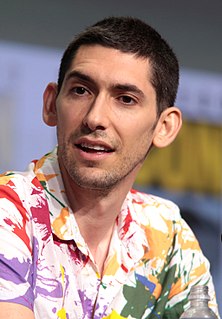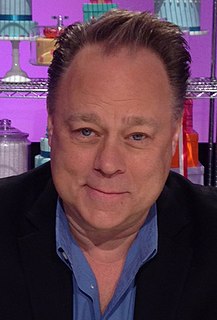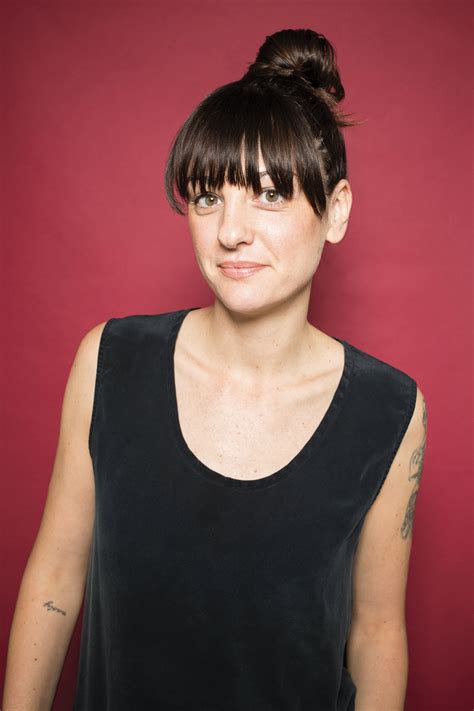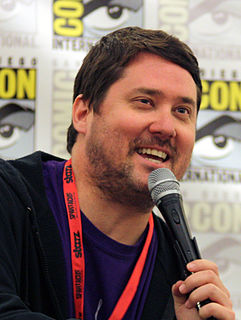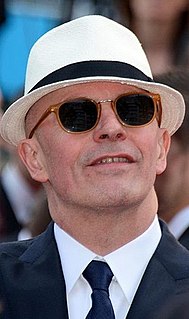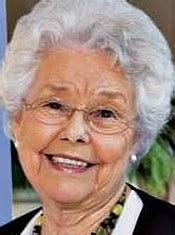A Quote by Max Landis
I began to pick apart our knowledge of Frankenstein and discovered that the public's idea of this myth comes from a million different places... I became committed to recontextualizing it all so it all worked in one story.
Related Quotes
At the time, I didn't know why, but I know now that when I was a little boy, I was scared to death of the Frankenstein films ... and in all these years later, I wanted it to come out with a happy ending, and I think it was my fear of the Frankenstein movies when I was 8 and 9 and 10 years old that made me want to write that story [Young Frankenstein].
Reading honest literature makes you love the world. Knowledge and understanding are love. Reading educates our feelings and enhances our sympathy. When you read for understanding, you are fundamentally changed. You are a different person at the end of the story or the novel than you were when it began.
It helps to regard soul as an active intelligence, forming and plotting each person's fate. Translators use "plot" to render the ancient Greek word mythos in English. The plots that entangle our souls and draw forth our characters are the great myths. That is why we need a sense of myth and knowledge of different myths to gain insight into our epic struggles, our misalliances, and our tragedies. Myths show the imaginative structures inside our messes, and our human characters can locate themselves against the background of the characters of myth.
My parents took me to that I think is just one of those near-perfect comedies is Young Frankenstein. Gene Wilder and Mel Brooks, they're at the height of their game. The two of them working together was amazing. Yeah, just a terrific story. You get emotionally involved. Jokes all the time, jokes that come from story. Like, they don't have to go wildly out of their way to make the jokes. It's a parody of Frankenstein movies, but also it stands as one of the great ones, one of the great Frankenstein movies.
I was the little French boy who grew up hearing people talk of De Gaulle and the Resistance. France against the Nazis! Then when that boy grew up, he began to uncover things. We began to legitimately ask the question, 'What exactly did our parents do during the Occupation?' We discovered it was not the story they were telling us.
The truth is, the central issue is not the needs of the 11 million illegal immigrants or however many there may be - and honestly we've been hearing that number for years. It's always 11 million. Our government has no idea. It could be 3 million. It could be 30 million. They have no idea what the number is.
The format of the book was the idea of my wonderful editor, Stephen Segal. Stephen and I had worked together before, on projects for the Interstitial Arts Foundation, and when he got the idea for an accordion-style book, he called and asked if I could write the story for it. I told him that I would love to try! And I knew it had to be a love story, because that's the sort of story you really want to hear from both perspectives. I mean, imagine if Pride and Prejudice were told from Darcy's perspective as well as Elizabeth's. It would be quite a different story!
When I first began to have the initial idea for 'Heartsease,' I just wrote a skeleton story; that is, I started her off as this young, bright 16-year-old and then added the events that occurred and where she and other characters fitted in, even writing 3 different endings, as I was not sure where Mary's story would lead to.
